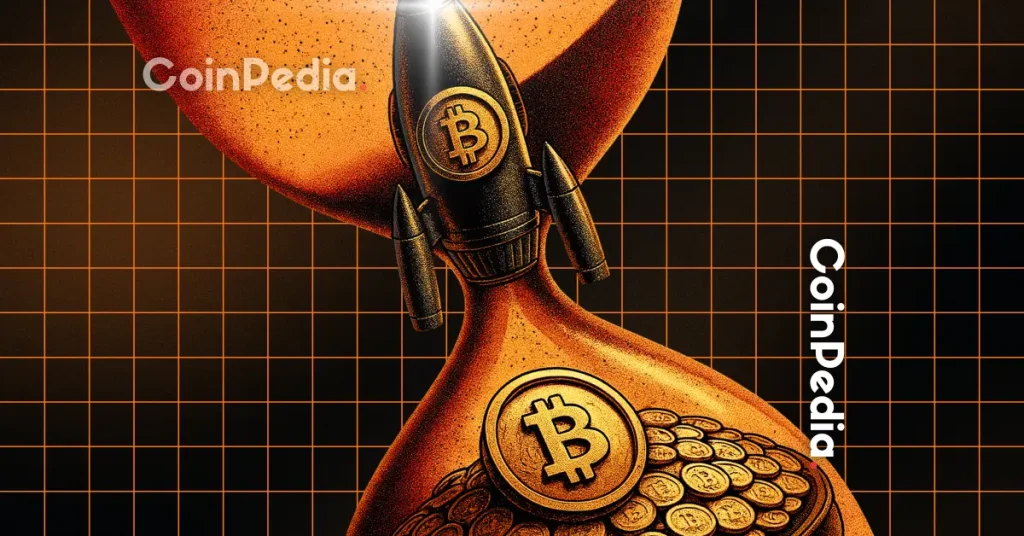
Kokila Alagh, the founder and CEO of Karm Legal Consultants, says the financial regulators in the United Arab Emirates (UAE) are trying to foster the adoption of cryptocurrencies and blockchain technology.
He shared his opinions of the regulatory environment in the UAE during an interview earlier today, noting that the country’s watchdogs are taking an approach that creates opportunities.
At the moment, the crypto regulation is divided between the mainland and free zones, which have relaxed taxation and regulatory regimes. The Securities and Commodities Authority (SCA) regulates crypto in the mainland.
Free zones include the Dubai International Financial Centre (DIFC), which is under the regulatory purview of the Dubai Financial Services Authority (DFSA), Abu Dhabi Global Markets (ADGM), which is regulated by the Financial Services Regulatory Authority (FSRA), and the Dubai Multi Commodities Centre (DMCC), which falls under regulatory scope of the SCA.
In the interview, Alagh pointed out that SCA has provided certainty and opportunities, features that are pivotal in ensuring the crypto and blockchain sectors thrive. According to him, this approach makes SCA a progressive regulator compared to other global watchdogs because it has not ignored the growing nascent asset class.
Alagh further noted that SCA is developing frameworks that favour burgeoning industries like DLT and the blockchain.
Striving to become a crypto hub
The UAE is proving to be one of the most crypto-friendly jurisdictions. Notably, FSRA, ADGM’s financial regulator, became the first to introduce crypto regulations in the country in 2018.
Per Alagh, FSRA became one of the first regulators in the world to introduce digital asset regulations. As a result, ADGM has morphed into one of the top destinations for established blockchain firms.
Speaking about crypto regulation in DIFC, Alagh said DFSA, its regulator, is one of the first watchdogs from a leading financial free zone to introduce security token regulations. He divulged that current DFSA regulations focus on the tokenization of securities via the blockchain.
However, the regulator lags regarding crypto, stablecoin, and non-fungible token (NFT) regulation. According to Alagh, DFSA is in the process of drafting consultation papers regarding the above sectors.
Moving on, Alagh said DMCC offers special licenses, including DLT technology service providers and proprietary trading in crypto commodities licenses. The free zone features a dedicated crypto center dubbed Crypto Oasis. Over 130 blockchain companies have registered in this center.
The post Expert: UAE watchdogs are paving the way for crypto and blockchain adoption appeared first on Invezz.















 English (US) ·
English (US) ·